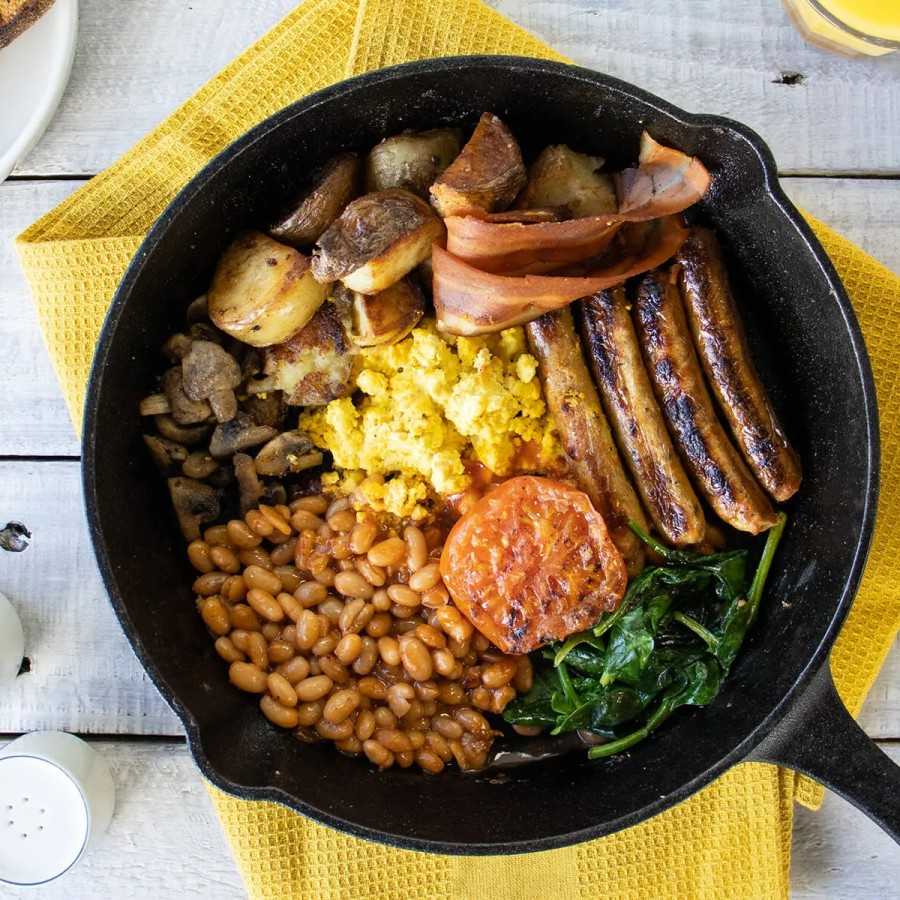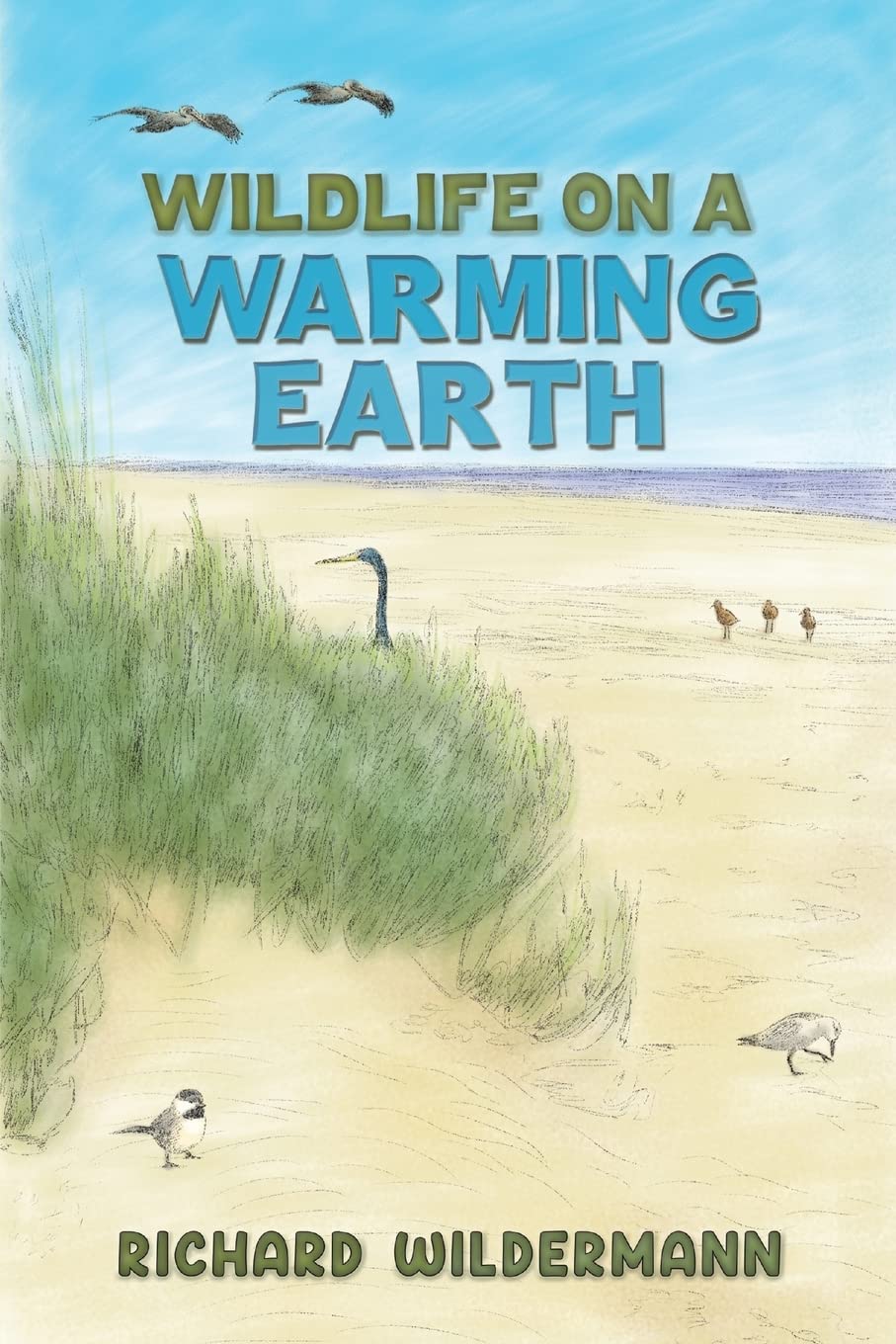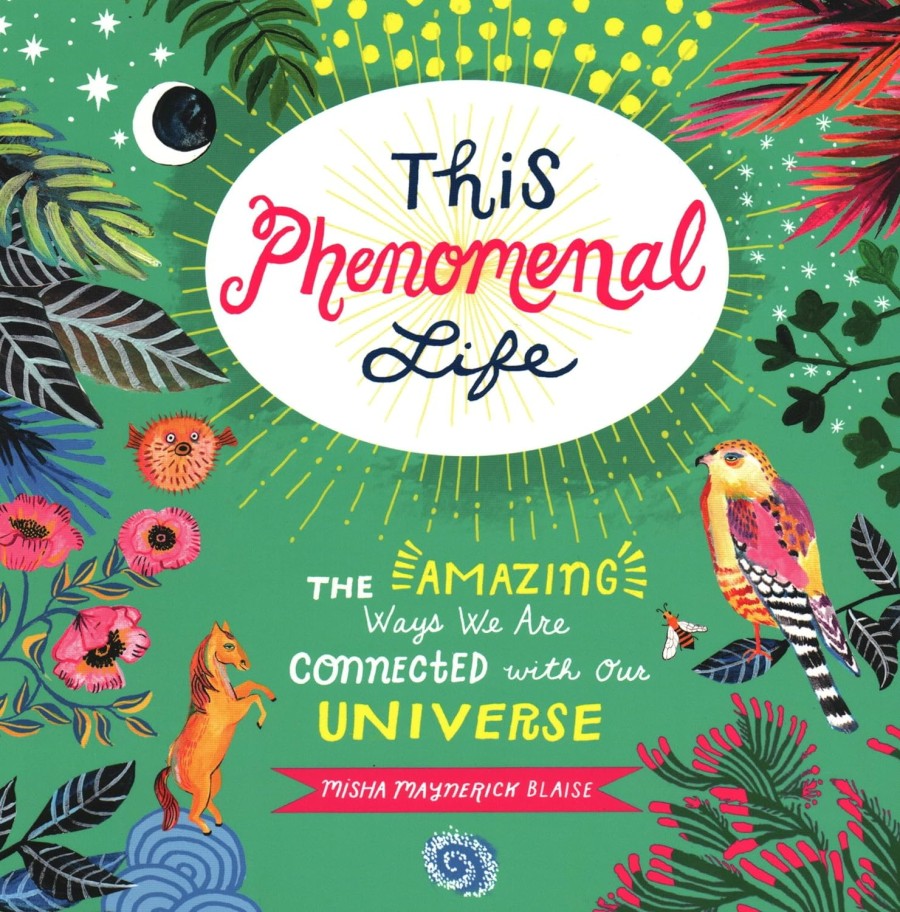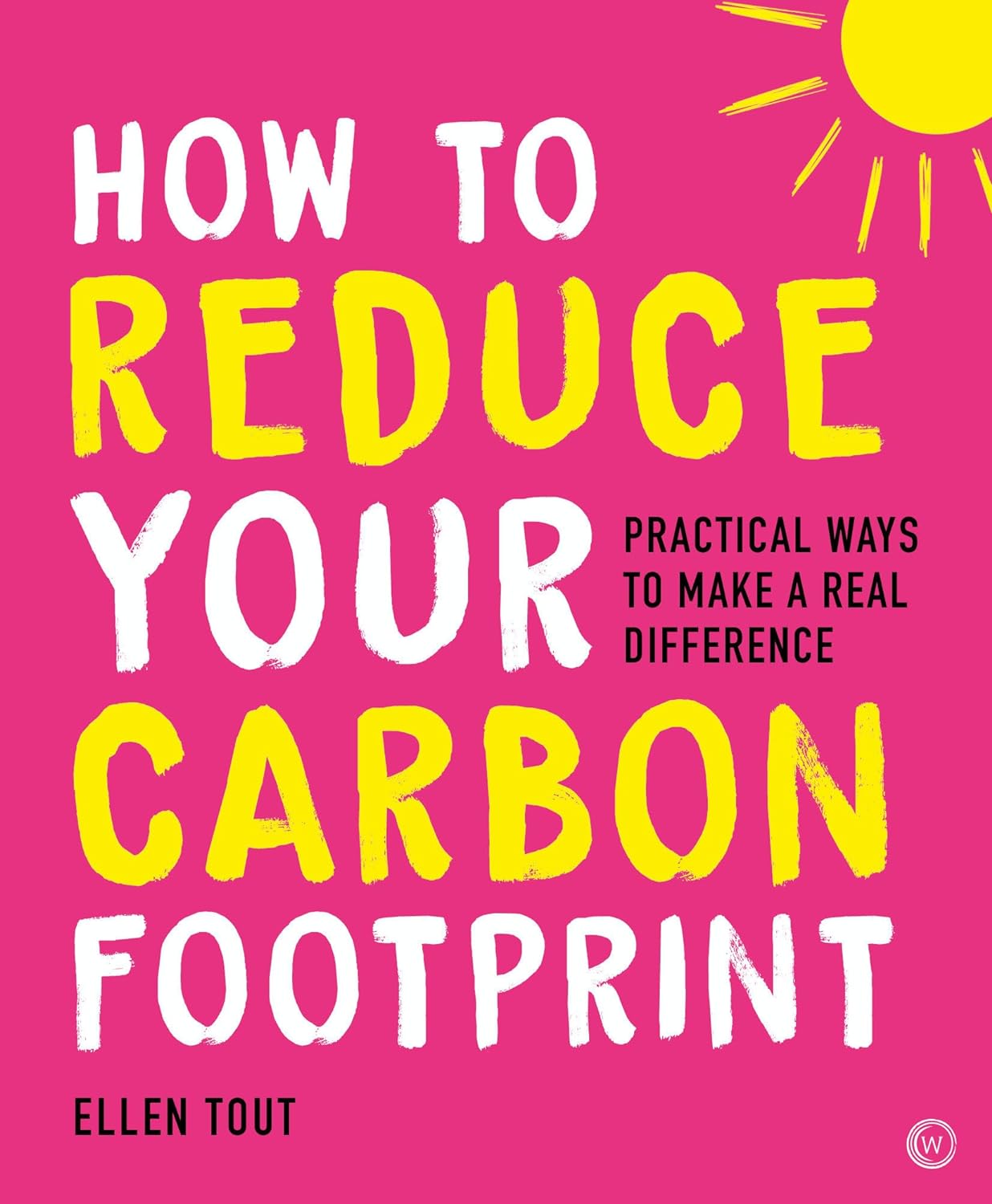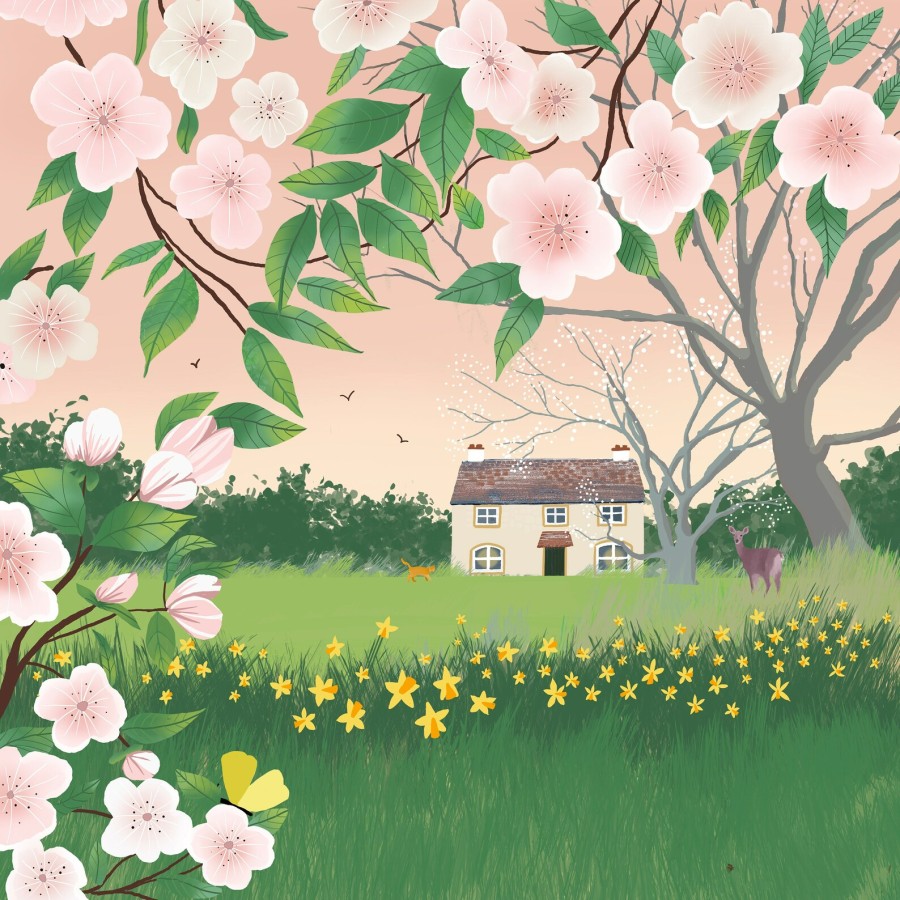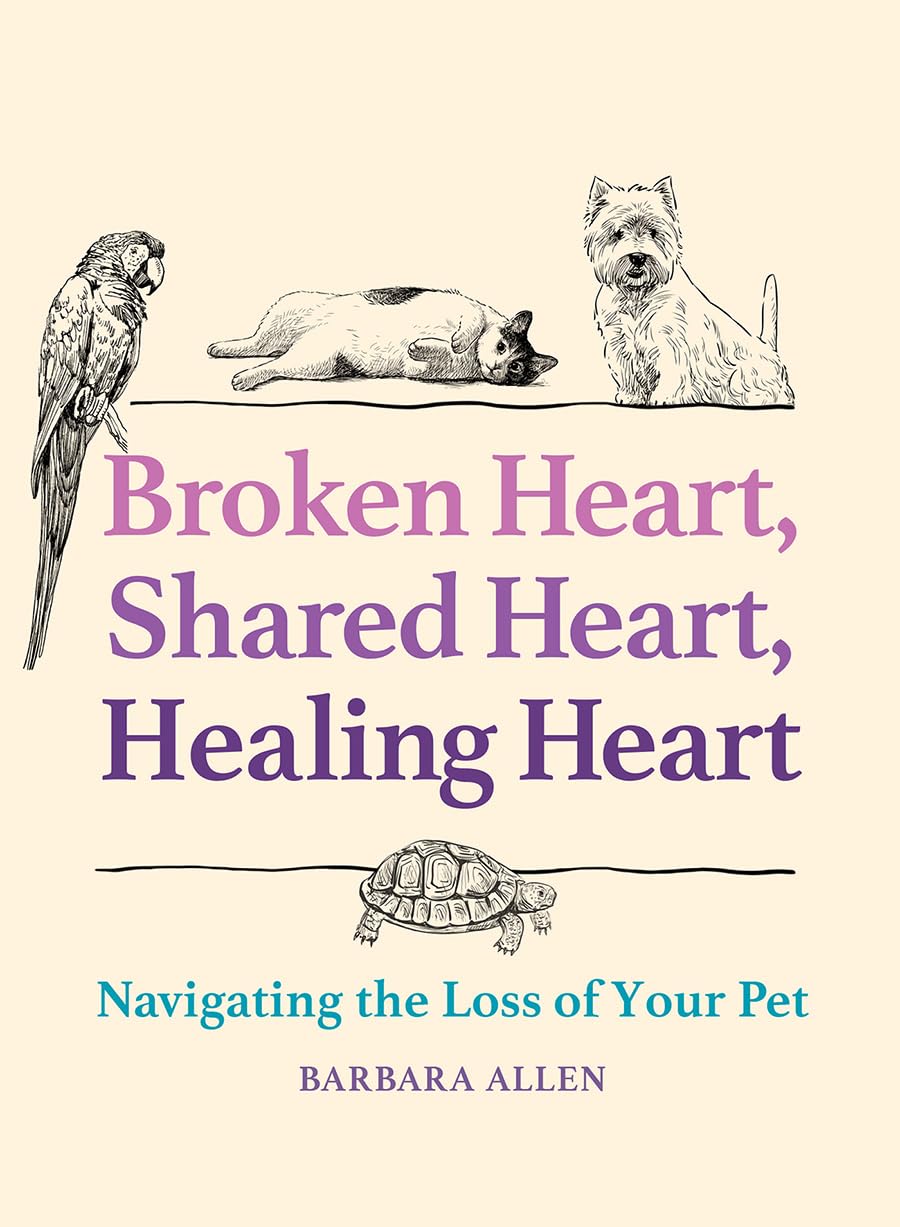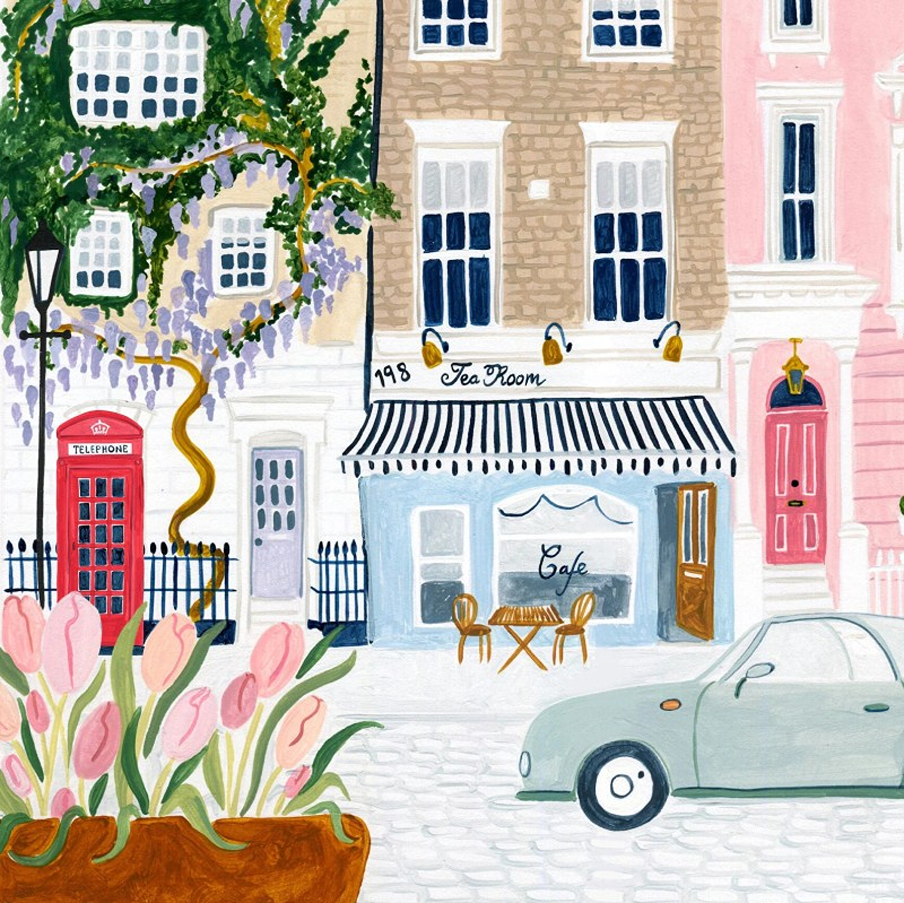
England now seems to be a nation of chain store coffee shops. But how much nicer it is to support a local tea room or an indie coffee shop. In fact, only a third of people in England drink coffee (and most people who drink tea or coffee do indeed still make it at home). But for the millions who ‘drink out’, supporting local indie shops helps support local jobs, and more ethically-sourced ingredients.
Local indie shops usually can’t compete on price, so have to offer alternatives like loyalty cards. However, indie cafes don’t have this problem, as most chain store coffee shops charge a fortune for inferior coffee, tea and snacks. So blow your own trumpet, and boast local teas and locally-roasted beans, and get someone local to bake homemade scones and cakes.
You could also offer what other chain stores don’t: how about local acoustic guitarists to hold concerts, adorn your walls with art for sale by local artists, and make your cafes dog-friendly (avoid pet-toxic plants).
The world’s your oyster as an indie, as you get to choose your policy, rather than some big far-out company that is in hock to international shareholders. And unlike them, you probably know how to brew a proper pot of tea!
It’s interesting that despite our seeming obsession with coffee shops, a third of people in England don’t drink coffee at all. And most of those who do, just make it the old-fashioned way, by stirring a teaspoon of instant coffee in a mug, and adding boiling water. However this leaves millions of people who visit coffee shops at least a few times a week (with their reusable coffee cup).
NHS recommends no caffeine for pregnancy/nursing or limit to 200mg daily (to avoid risk of miscarriage or low birth weight). This is 1 mug of mild coffee (most high-street coffee is higher in caffeine), 2 cups of mild tea or a can of coke. Avoid coffee for gout, acid reflux, diabetes, anxiety, depression and insomnia.
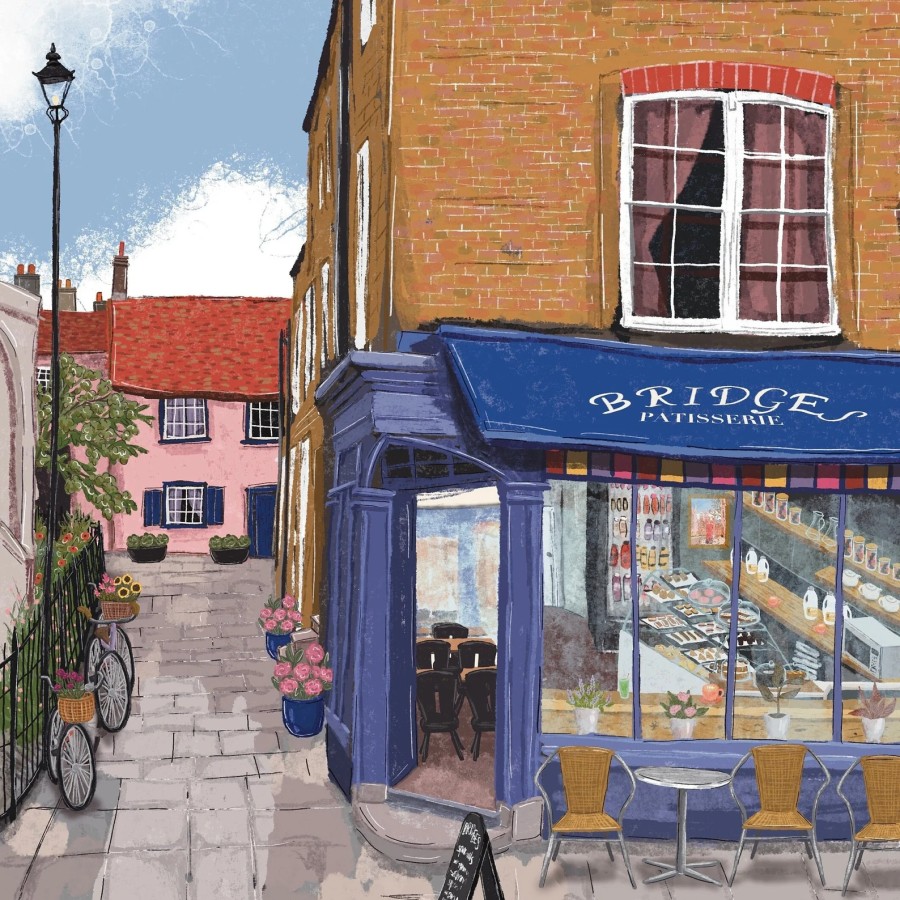
Most high streets are now dominated by Costa Coffee (owned by Coca-Cola which has received worst ratings for carbon management/reporting, palm oil policy and plastic polluting by Ethical Consumer). Like Costa, Starbucks (the world’s biggest coffee company) promotes its greenwash on its website, but you can’t have sustainability alongside global domination that destroys indie shops. The company harvests endless trees each year to make ‘paper cups’ that are still lined with plastic, so not suitable for recycling, outside specialist receptacles. And paying £5 for a cup of coffee does not help.
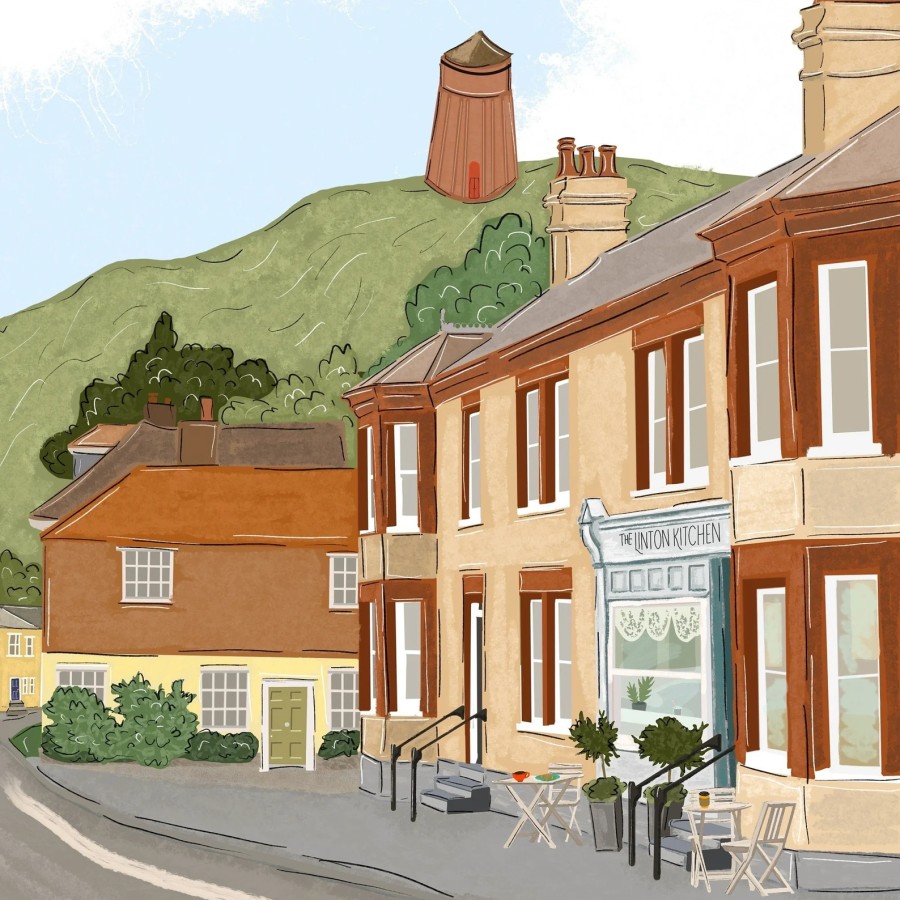
Plastic Free North Devon recently campaigned to stop a local branch of Tesco installing an automated coffee machine on the edge of an Area of Outstanding Natural Beauty and World Surfing Reserve that welcomes 5 million visits annually. What smacks is that the area has a lovely little indie coffee shop already (that doesn’t use single-use cups), just a few steps from the supermarket’s front door.
Costa has also been named the 10th most polluting brand by Surfers Against Sewage (they should know, as their volunteers regularly pick up all the trash that ends up on the beach). Coffee shop machines also are unable to give discounts, to people who bring their own reusable cups.

